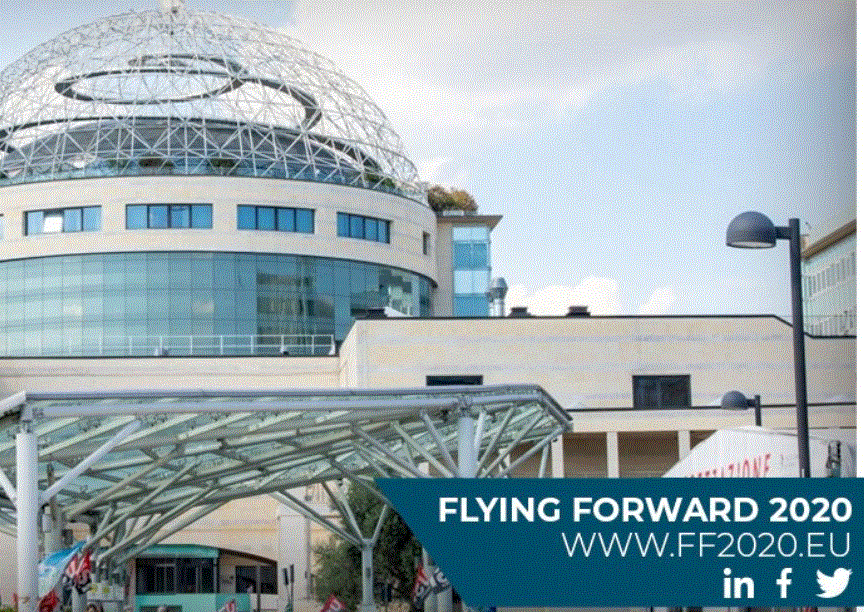
“The study showed that, in European countries, the drone flights described in the Aspirational scenario would not be allowed in the ‘open’ category (low-risk drone flights) because of the transport of medical material in highly populated areas,” according to the research conclusion. The proposed drone service “…..can be made a reality by having a UAM ecosystem that involves the exchange of information through a set of ‘digital platforms managed by different actors’ (both aviation and non-aviation actors), and requires U-space services to coordinate drone flights in the same airspace by different operators.”
According to a Flying Forward press release:
“The research team adopted a co-creation methodology consisting of activities involving multiple stakeholders and users to design the service. Research was conducted ‘to understand the context and the stakeholders involved in the drug internal distribution process in a hospital and with the use of drones’. This information allowed the research team to create a detailed overview of the current drug internal distribution process – the As Is scenario. Stakeholder mapping was also necessary to complete this scenario, enabling the identification and classification of stakeholder impact on the system.
“Besides the As Is scenario, an Aspirational one was also created. In this scenario, defined with a service blueprint, San Raffaele Hospital relies on a drone delivery service that can either be run by an external commercial drone operator or by the hospital as part of its internal assets.
“In the designed Aspirational scenario, regulatory challenges were identified: the risk of multiple drone operators carrying out flights in hospital airspace simultaneously can be mitigated in the future by Unmanned Aircraft System Traffic Management (UTM) services (called ‘U-space’ services in Europe). This data also makes it possible ‘to study the feasibility of this kind of service on a larger scale’. To support all the operations involved in the drone delivery service, a digital infrastructure, such as the one Flying Forward 2020 (FF2020) is developing, and a drone digital ecosystem are required.
The paper also highlights how a large size hospital can benefit from a drone delivery service that ‘reduces the burden of logistic flows on foot’, often carried out by the clinical staff for urgent deliveries. The expected impact is to increase hospital efficiency, which is associated with better healthcare outcomes. Additionally, the research revealed the ‘substantial technological and regulatory challenges that need to be addressed before it comes into reality’.
For more information


